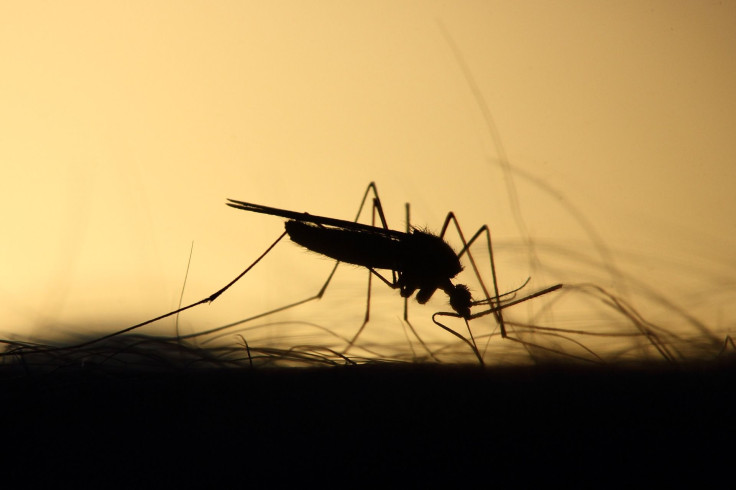
Over a third of U.S. states have detected the West Nile virus so far this year, as mosquito-transmitted diseases continue to grow their presence in the country.
According to the Centers for Disease Control and Prevention, seven human cases were confirmed across seven states as of June 25. They took place in Arizona, Arkansas, Kansas, Maryland, Michigan, Mississippi and Tennessee. The rest were seen in mosquitoes, birds or other animals.
NBC News reported that five of the human cases included severe symptoms, including inflammation of the brain or the membranes surrounding the brain and the spinal cord. This can lead to disorientation, vision loss, coma or paralysis, the outlet added, saying that it can be fatal in rare cases.
Most people infected, however, don't show any symptoms. Some can develop mild symptoms like fever, headache and joint pain, as well as vomiting and diarrhea. The U.S. records between hundreds and thousands of cases every year, but this one is particular as circulation has started earlier, likely due to increasing temperatures at the global level.
"WNV tends to be unpredictable and varies from year to year so we don't know specifically how this year will be compared to others," Kate Fowlie, a press officer for the CDC, said in a statement.
Warmer temperatures mean more habitats suitable for mosquitoes. They also mean that they are able to breed faster, bite more and survive for longer.
"For several species, there are pretty strong trends that the populations are growing earlier in the year than they would have decades ago," Scott Weaver, director of the Institute for Human Infections and Immunity at the University of Texas Medical Branch, told the outlet.
These conditions have also allowed for the proliferation of dengue, another mosquito-borne disease. In late June, the CDC issued health advisory regarding the increased risk of dengue fever cases in the United States, as cases are well on track to surpass last year's.
Concretely, 2,241 have been reported so far this year, most of them in the U.S. territory of Puerto Rico, whose authorities declared a health emergency in March after seeing a historical amount of cases. Last year, the entire country saw a little over 3,000 reported cases.
The alert advises health care providers to increase their suspicion of dengue when treating people with fever, especially if they come from areas with frequent transmission. The CDC is also improving and expanding laboratory testing to better diagnose cases, as well as educating the public on the disease and prevention methods.
© 2025 Latin Times. All rights reserved. Do not reproduce without permission.




